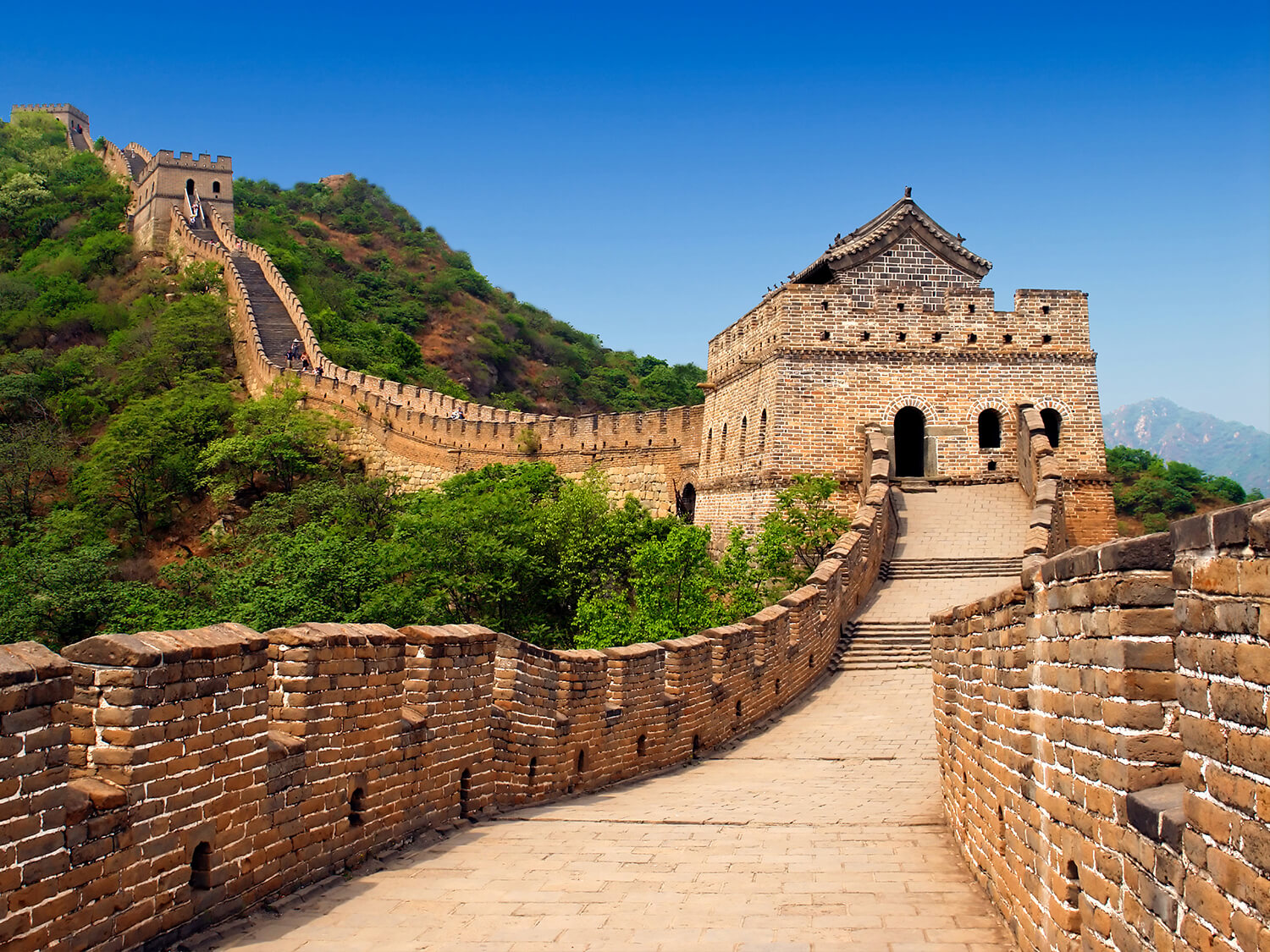By any measure, modern China is a marvel of transformation. In the lifetime of anyone over 40, the country has gone from mass famine and ideological terror to glimmering megacities and a navy that now dwarfs America’s in size. But as historian Frank Dikötter tells it, what we’re seeing is a projection — an illusion crafted with precision by a regime that is far more fragile than it looks. China, he argues, is not a rising superpower; it’s an empire in denial, increasingly obsessed with control and haunted by its own people.
This is not the conventional story Western politicians have long told themselves. From Bill Clinton’s embrace of China’s WTO entry in 2001 to the prevailing dogma that economic growth would naturally lead to political liberalization, the belief has endured that prosperity would mellow the Chinese Communist Party into something we could reason with. Instead, we’ve seen the opposite: a party more paranoid, more centralized, and more determined to maintain its monopoly on power — no matter the cost.
Frank Dikötter, one of the most respected chroniclers of modern Chinese history, isn’t interested in comforting fables. He’s spent decades sifting through Chinese archives, and what he sees is a state driven not by confidence, but by fear. Fear of its people. Fear of collapse. Fear of the very openness the West hoped would liberalize it.
Take, for instance, the much-touted claim — repeated like gospel in Western think tanks and Wikipedia entries — that hundreds of millions of Chinese were “lifted out of poverty” by Deng Xiaoping’s reforms. Dikötter calls nonsense. If anything, he insists, the Chinese people lifted themselves out of the devastation inflicted by Mao. Long before Deng’s policies were formalized, villagers had begun quietly dismantling collective farms and restarting underground markets. The boot had simply lifted enough for ordinary people to breathe — and that sliver of freedom was all they needed.
But rather than encouraging this natural decentralization, the Communist Party reasserted itself. The goal wasn’t to abandon socialism but to salvage it. The so-called “reform and opening up” era was never about letting capitalism bloom; it was about keeping the Party alive. A survival strategy, not a transformation.
Still, the West was eager to believe. Washington embraced China’s WTO membership as a path to moderation. American CEOs flocked to its cheap labor markets, believing they were investing in the future of globalization. And for a while, the returns looked impressive. Double-digit growth rates. A rising middle class. Glittering skyscrapers from Shenzhen to Shanghai.
But underneath that veneer was something rotten. As Dikötter notes, by 2000 — two decades into these “reforms” — China’s GDP per capita still ranked 130th globally. The countryside was bankrupt. State banks were hemorrhaging money. The supposed economic miracle was propped up by overproduction, state subsidies, and the exploitation of the rural underclass.
Perhaps the most striking part of Dikötter’s view is how persistently the regime has used its people’s wealth to build an image of greatness — cities built to impress foreigners, military parades choreographed like theatre, and a relentless propaganda machine that blurs fantasy and fact. But all this — the high-speed trains, the gleaming infrastructure — was funded by ordinary people who, in return, were denied even the most basic civic protections. The state is rich; the people are poor. The temple, as Dikötter puts it, gleams among the ruins.
And when the illusion is threatened? The tanks roll in.
It happened in 1989, not just in Tiananmen Square but across dozens of cities. Contrary to the sanitized “student protest” narrative, the unrest was fueled by inflation, corruption, and mass frustration. Workers, farmers, and civil servants joined the calls for change. The Party responded with brute force — 100,000 soldiers, 200 tanks — and a massacre that still echoes through China’s tightly censored information space.
That bloodshed wasn’t just an event. It was a signal: never again. The CCP internalized the lesson that even the faintest whiff of dissent must be crushed. Not debated, not tolerated — obliterated.
So what of Xi Jinping, the supposedly transformational leader of the last decade? Here too, Dikötter urges caution. Xi may project strength — rewriting the constitution to extend his rule, overseeing the military’s rapid expansion, advancing the Belt and Road Initiative — but at heart, he’s no visionary. He’s a careful bureaucrat, a compromise pick who rose to the top by saying little and offending no one.
And he governs like a man besieged. He’s purged generals, locked down cities, tightened surveillance to near-Orwellian levels, and revived ideological control with a fervor not seen since Mao. Far from confident, the Party under Xi seems terrified — of the West, of Taiwan, of its own people.
Which brings us to the question Western policymakers can’t stop asking: should we be afraid of China?
Dikötter’s answer is paradoxical. Yes, we should be concerned — not because China is strong, but because it is weak. A wounded animal is often more dangerous than a healthy one. The CCP’s fear of collapse could drive it to rash, even violent action. But that fear is also a clue. Like the Soviet Union before it, China’s outward might may mask deep internal rot.
The solution? Patience. Containment. Clarity. Don’t buy the illusion, but don’t underestimate the danger of its collapse either. The worst thing the West can do is alternate between hysteria and delusion. What’s needed is resolve — not to “engage” a regime that views engagement as infiltration, but to support the forces, inside and out, that will eventually make the regime irrelevant.
Because behind the noise — behind the propaganda and the missiles and the swagger — is a frightened party, watching the world change around it, and praying the sparks don’t catch.
